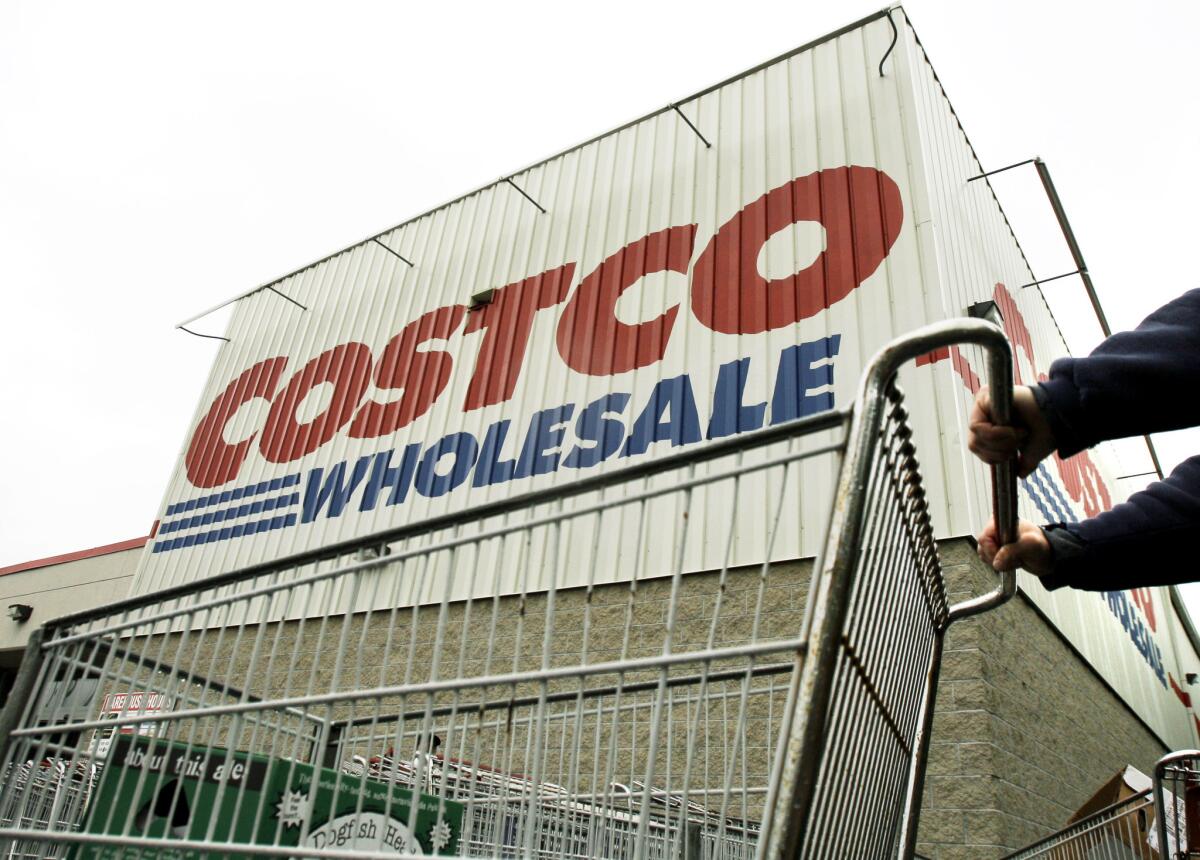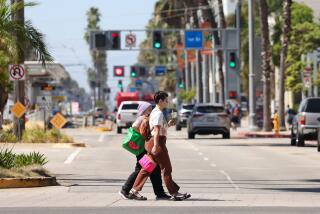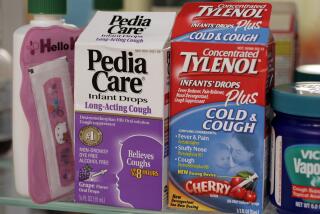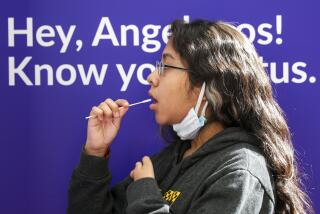Costco sees run on supplies amid coronavirus concerns. Do you really need to stock up?

If you noticed your local Costco was more crowded than normal this weekend, it probably wasn’t your imagination.
People have been stocking up on supplies amid the growing concerns about coronavirus spreading in the United States. Store managers report big crowds, and social media are filled with photos of empty shelves even though there are no shortages of items.
Experts continue to urge caution, despite new cases in California and Washington that appear to have been spread in communities rather than from people connected to overseas travel.
Centers for Disease Control and Prevention Director Robert Redfield told Congress on Thursday there was no need for healthy Americans to stock up on supplies.
Are people stocking up?
In some places, it appears so.
Some Costcos, Walmarts and other stores said they’ve seen a decided increase in customers this weekend, and some store shelves have emptied.
Thad Kleszcz, general manager of Costco in Atwater Village, said for weeks he’s noticed an unusually high number of customers at the store, but it seemed to have increased Friday and Saturday, after it was announced that a Washington state man had become the first person in the U.S. to die from coronavirus.
“Antiseptic wipes and Clorox disinfecting wipes are flying out of here,” he said. “We can’t keep those in stock.”
He said people are mostly purchasing water, paper goods, grains such as rice and pasta, jarred food and peanut butter. He said Costco is doing everything it can to keep up with demand.
At the Mountain View, Calif., Costco, employees said the crowds this weekend eclipsed even Christmas rush — with cleaning supplies and water going fast.
“Yeah, this is double Christmas time. I feel like this is a little overdoing it for now,” manager Grant Garmsey told KGO.
Crowds were also big at a Costco in Hawaii after state health officials urged residents to “stock up on all prescription medications and other basic household items like food and cleaning products so you can care for yourself and your family at home if someone becomes ill. Supplies of these items may be affected in the event of a pandemic.”
Los Angeles resident Lily Capatori has been following the virus coverage and said she felt it could not hurt to be prepared.
Three weeks ago, Capatori said, she began stockpiling household necessities. She purchased the last jug of hand sanitizer at a local drugstore. She ordered cleaning wipes, masks, two suits — for her and her 11-year-old daughter — goggles and gloves. She has stocked up on food that will last her up to 3 months.
“We’re competing against time,” she said.
What are experts saying?
There are no signs of water or cleaning supply or toilet paper shortages.
But officials are concerned about a run on masks.
Health experts warn that stocking up on the disposable masks could do more harm than good by limiting their availability to doctors and nurses. If the coronavirus outbreak should cause a run on anything, they say, it should be soap and water instead.
There are good reasons to wear masks — namely, to protect others. Surgeons use them so they don’t cough or sneeze into open wounds. Emergency room staff hand them out to visitors with respiratory symptoms to protect others in the waiting area. Doctors diligently swap their masks between visits with immune-suppressed patients, to avoid exposing them to clinging pathogens.
If you’re already sick, mask-wearing is good practice. Donning a paper mask on a crowded train or bus, for instance, can minimize the degree to which a cough or sneeze disseminates infectious fluid onto neighbors and handrails that will be grabbed throughout the day.
But for everyone else, the masks are simply “unnecessary,” said Alex Azar, secretary of the Department of Health and Human Services.
In fact, if the mask-hoarding continues, officials worry there could be a shortage, affecting clinics and hospitals where they’re needed most.
Retail chains including Walgreens, Home Depot, Lowe’s and True Value Hardware are reporting a sharp uptick in sales of masks over the last several weeks and say they are scrambling to get more from suppliers. Home Depot, the nation’s largest home improvement chain, has limited sales of N95 respirators to 10 per customer.
What can you do to protect yourself?
Experts agree that for viral infections including the common cold, flu and coronavirus, the most effective way to protect yourself is regular hand-washing with warm water and soap, plus avoiding touching your nose and mouth.
To wash your hands properly, the World Health Organization suggests scrubbing your palms with a large dollop of soap before interlacing and clasping the fingers, then scrubbing around the thumbs and the backs of your hands. The whole process should take 40 to 60 seconds.
What about these new U.S. cases?
In addition to the dozens of cases of COVID-19 in the U.S. linked to travel abroad, officials have announced that eight people, all on the West Coast, appear to have contracted the virus in their communities. An outbreak at a long-term care facility in Washington is expected to push that total higher in the coming days, officials said.
Though federal officials say the risk to the American public remains low, the latest developments raise the possibility that the virus will become entrenched in the U.S. and impossible to contain. Closing schools and canceling events could become a public health necessity in communities where the virus takes hold, officials said.
For most people, COVID-19 causes a mild sickness, and some who are infected do not even know they are sick. The virus has been estimated to kill two of every 100 people who contract it, though the risk is lower for younger people and higher for the elderly, experts said.
The rise in patients in the U.S. diagnosed with COVID-19 in recent days is probably due in part to increased testing. Before last week, doctors were not allowed to order the tests, of which there is a limited supply, for patients who did not have a history of travel to China or close contact with someone who had traveled there. Physicians can now order tests for people who are hospitalized and very ill but have no travel history.
More to Read
Sign up for Essential California
The most important California stories and recommendations in your inbox every morning.
You may occasionally receive promotional content from the Los Angeles Times.













